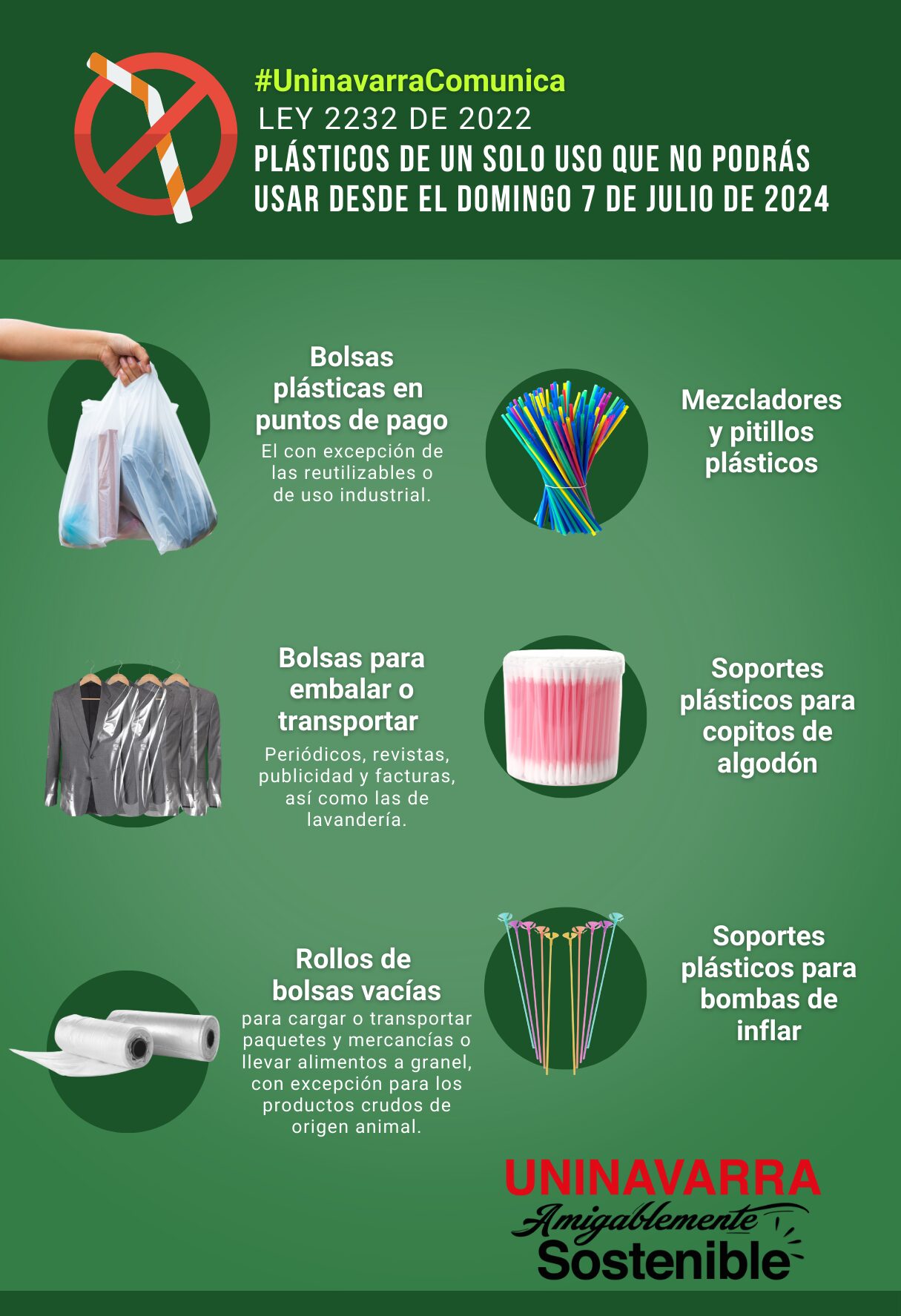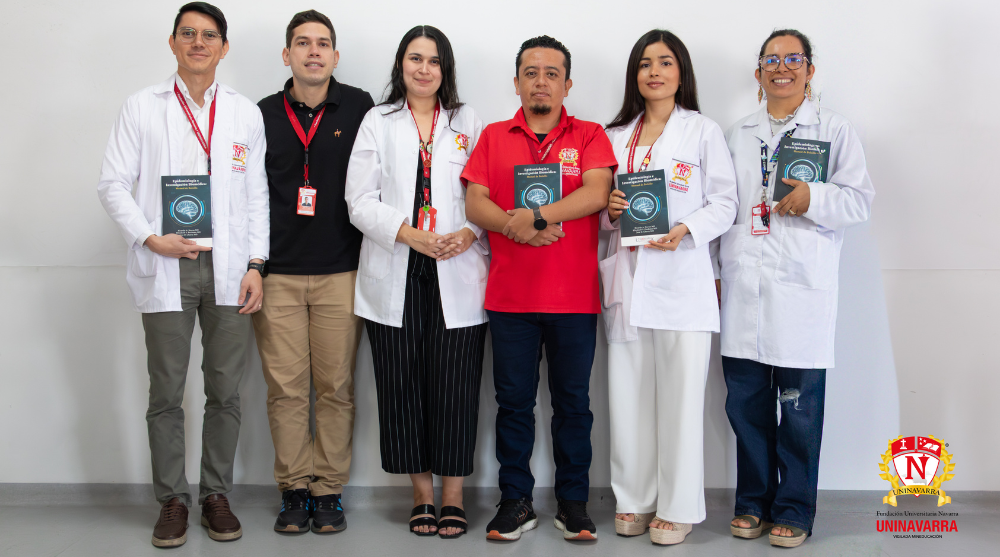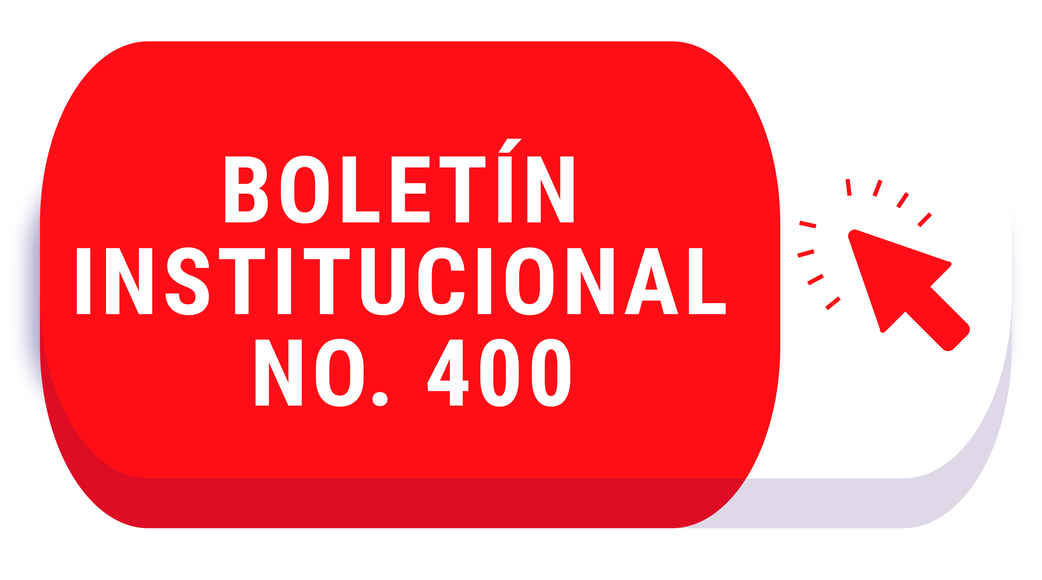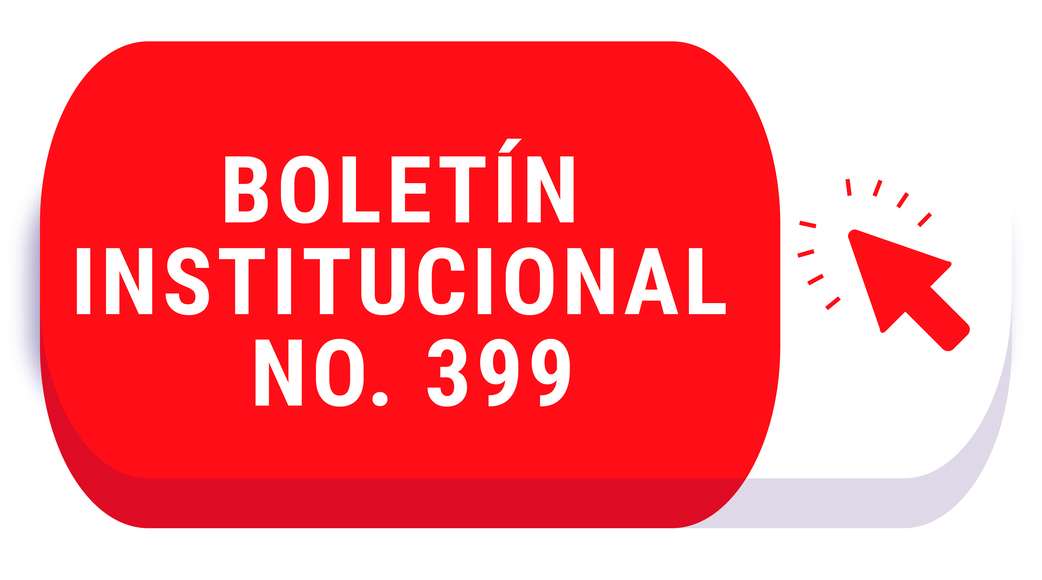Colombia says goodbye to single-use plastics with the entry of the
in force of Law No. 2232 of 2022
Law 2232 of 2022, which prohibits the production and distribution of single-use plastics in Colombia, will come into force on June 7, 2024. This initiative seeks to gradually eliminate 21 plastic products by 2030, with the aim of reducing environmental pollution and promoting more sustainable practices.
The growing global concern about the effects of climate change and plastic pollution in the oceans are determining factors in this decision, because single-use plastics have been catalogued by the United Nations as one of the most important environmental challenges of the current era, causing a harmful effect on ecosystems and a disruption in the natural balance, which is why this type of measures are urgent to safeguard the planet.
Although the regulation contemplates the prohibition and substitution of 21 products, initially only some specific products will cease to circulate on July 7, 2024.
It is important to mention that not all single-use plastics will be completely eliminated, as the law provides for exceptions for some products used in medical contexts, for food preservation and others that present specific risks to human health or the environment.
The remaining eight products will be gradually banned until they are completely off the market within eight years. These include:
plates, trays, knives, forks, spoons, glasses and eating gloves.
Containers, packaging, containers and bags to contain non-prepackaged liquids.
Confetti, tablecloths and streamers. Serving, packaging, wrapping or separating sheets for immediate consumption. Handles for dental floss or dental floss holders for single use. Packaging, containers or any container used for the commercialization of fruits, vegetables, tubers and aromatic herbs, vegetables and fresh mushrooms, which in their natural state have peels. Stickers or labels to be affixed to vegetables. Containers or packages and containers for holding or carrying non-prepackaged food or foodstuffs for immediate consumption, used for take-out or home delivery.
The entity in charge of supervising compliance with the regulation will be the National Environmental Licensing Authority (Autoridad Nacional de Licencias Ambientales). Penalties for those who fail to comply with the regulation include fines, seizures, and even temporary or definitive closures. The money collected from these sanctions will be used for cleanup programs in water ecosystems and the recovery of the country's flora and fauna.
With the entry into force of this law, the Ministry of the Environment will
and Sustainable Development, aims to achieve 100 % of plastics by 2030.
single-use products placed on the market are reusable, recyclable or compostable.
The same entity indicated that these products can be replaced as long as they are 100% recyclable and come from the national plastic production chain. At the same time, it encouraged the community to opt for the use of cloth bags and reusable water bottles, in order to reduce dependence on single-use plastics, which represent more than one million tons of non-degradable waste that annually affect the country's ecosystems.
The gradual replacement of traditional plastics with biodegradable or compostable products is essential in the transition to a more responsible consumption that reduces environmental impact. Therefore, this regulation is expected to contribute to the reduction of waste and encourage innovation in the development of alternative materials and sustainable technologies.
The Navarra University Foundation UNINAVARRA as Smart University 4.0 welcomes this initiative and actively joins the Zero Single-Use Plastics strategy. The Institution is already implementing actions to progressively eliminate these elements from its facilities, campuses and activities, and invites the entire university community to join this collective effort for a greener and more sustainable future, recalling that together, we can make a difference and build a healthier planet for present and future generations.





